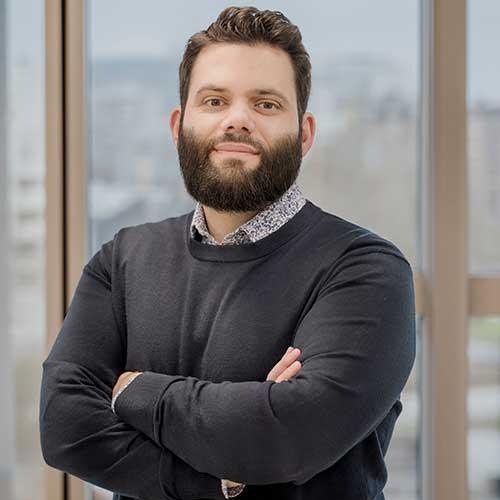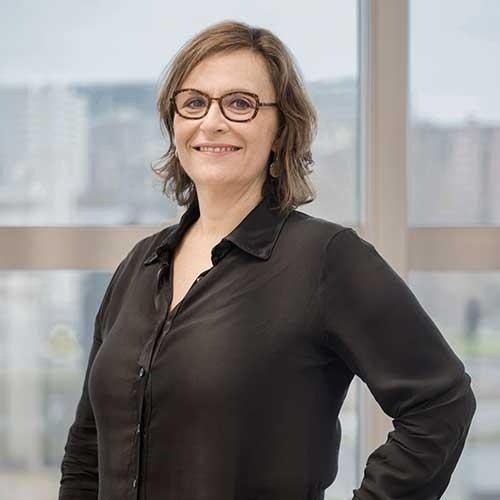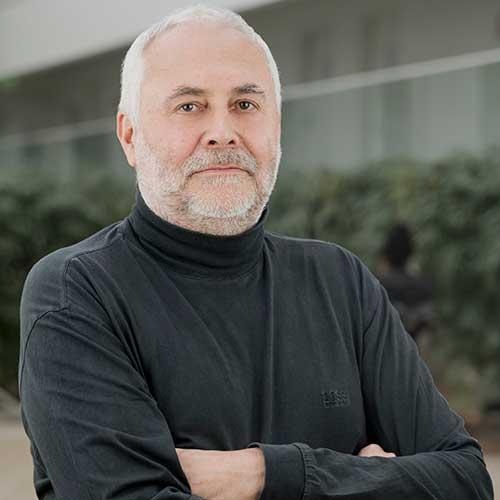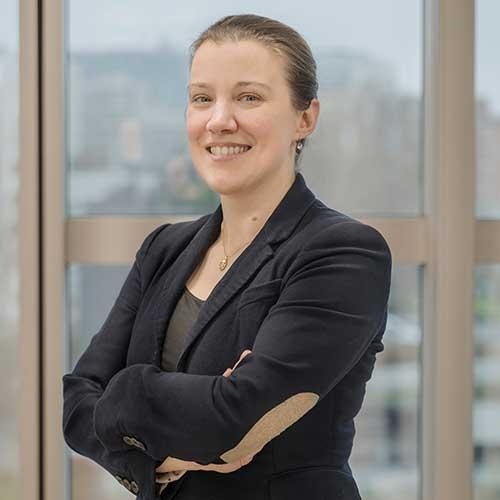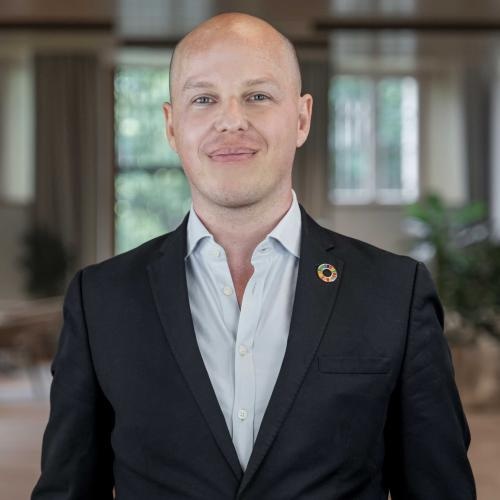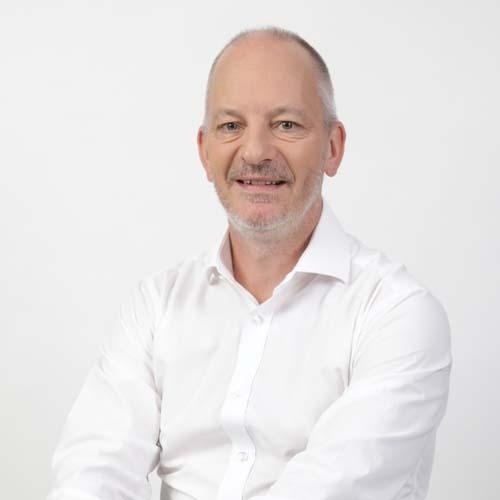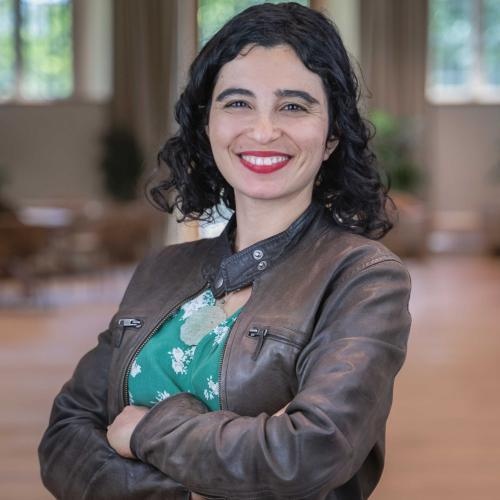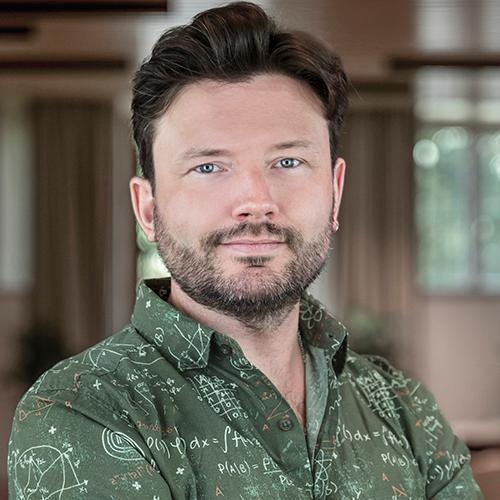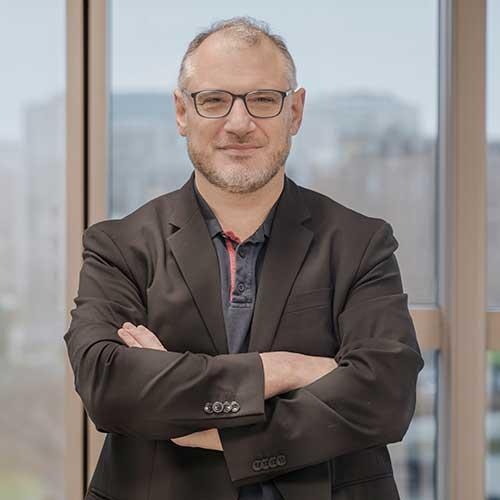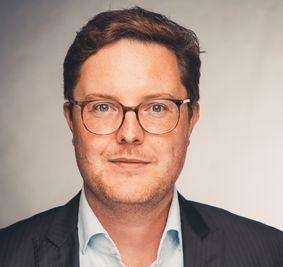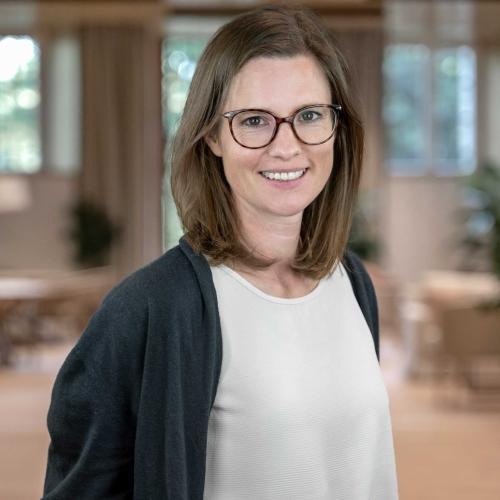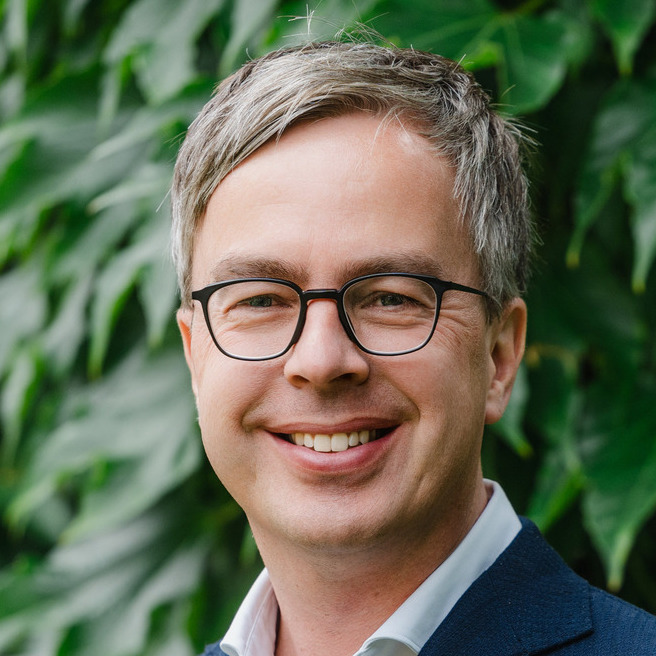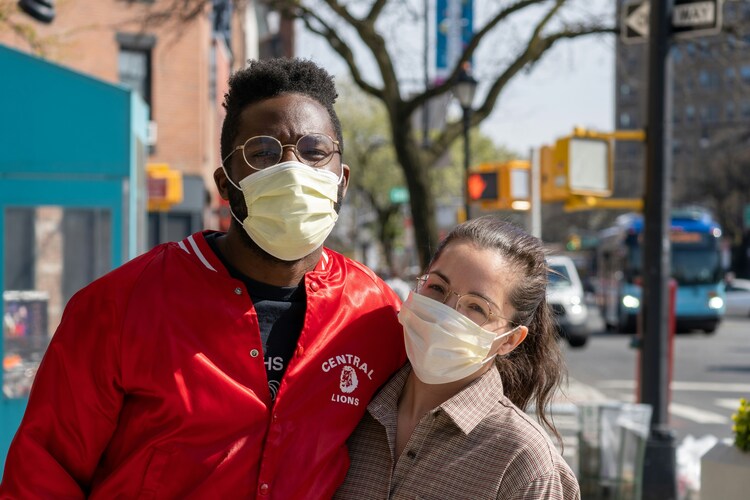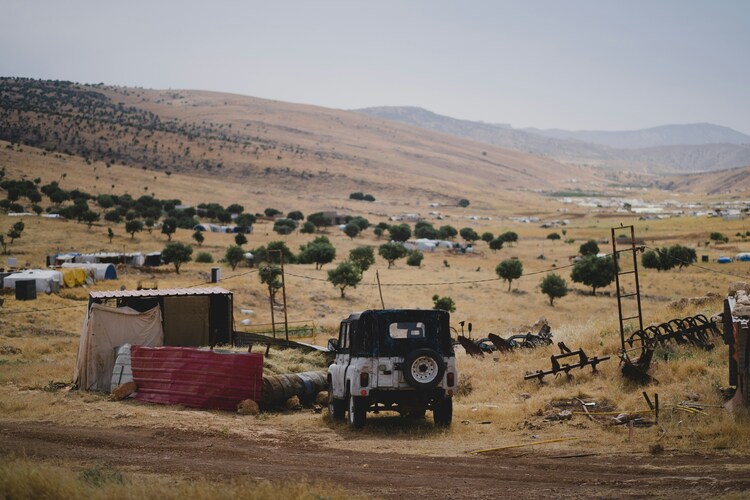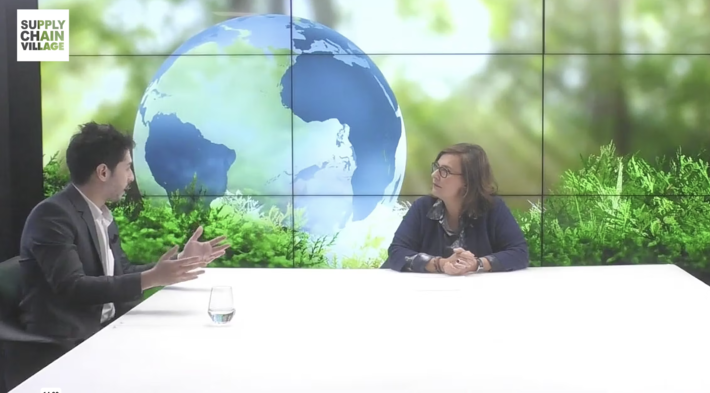Mission and ambition of the Research Centre
The ESCP Research Centre on Environmental and Societal Transitions (RESET) advances research on some of the most pressing challenges of our time. RESET aims to integrate various disciplines including, for example, organization studies, marketing, entrepreneurship, machine learning, international management, design science, and economics. The centre deals with essential sustainability topics, which range from: new models and paradigms in corporate sustainability, to sustainability transitions, to the future of growth within planetary boundaries. RESET works closely with ESCP’s Sustainability Institute.
The RESET Centre’s faculty, based across our European campuses, and research themes are clustered into three sub-groups.
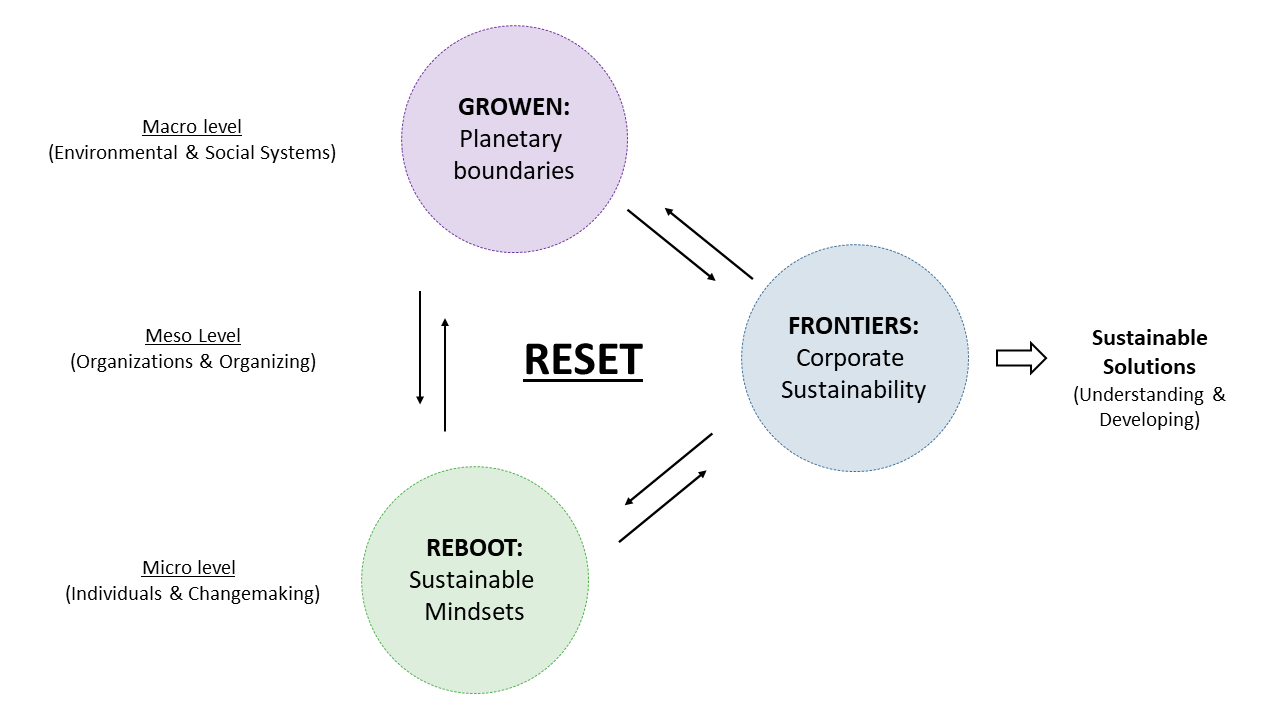
After three decades of corporate sustainability research and practice, it is time for a major leap from less unsustainable to truly sustainable and regenerative business. Therefore, the FRONTIERS group focuses on researching new models and paradigms:
- New managerial practices (e.g., ESG strategy in line with achieving net-zero targets and creating positive societal impacts; innovative sustainability accounting, reporting and performance frameworks);
- New business models and modes of organizing (e.g., circular, regenerative, or social business models; social entrepreneurship and innovation as forces for societal transformations);
- New areas of knowledge to reshape business and economics (e.g., biodiversity, climate change, systems thinking as derived from sociology as well as earth system science), which provide stronger and more ambitious frames for corporate sustainability initiatives (e.g., business that respects planetary boundaries).
The objective of the FRONTIERS group are twofold:
- To serve as a research incubator and catalyzer to facilitate the emergence of innovative research projects and programs, aiming to push the boundaries of the field far beyond the status quo.
- To facilitate interdisciplinary dialogues and research involving business-related and other academic fields as well as with non-academic actors (NGOs, policy makers, managers, entrepreneurs, activists, etc.).
REBOOT’s starting point is that a strong and long-lasting sustainable transition will not be possible without a collective change of mindset. With mindset, we refer to a collective way of thinking and being that results from a broad understanding of the ecosystem’s manifestations and from an introspective focus on one’s personal values and the higher self. The objectives of the REBOOT group are to investigate ways of better understanding and implementing such a mindset change within society.
In pursuing this goal, REBOOT takes a multi-stakeholder perspective, as economic actors do not operate in isolation from each other, but have impacts (“externalities”) and are impacted by each other. More particularly, we focus on three research axes:
- Consumers and the desirability of voluntarily adopting simplified lifestyles and the idea of downsizing and sobriety.
- Educators and the development of new educational leadership based on the ethics of care.
- Consultants and empowering individual changemakers and changemaking organizations to promote sustainability transitions.
GROWEN's mission is to navigate the delicate interplay between economic expansion and environmental sustainability, questioning prevailing norms to reveal routes to a balanced future. It delves into the feasibility (and how to overcome persistent challenges) of melding economic prosperity with the wellbeing of society, humanity, and the planet. With a commitment to sparking transformative discussions on growth and ecological stewardship, GROWEN aspires to set new standards through research that excels academically, proves practical in application, and is geared towards fostering meaningful change.
Our People
Director
Gorgi Krlev
Director ESCP Research Centre on Environmental and Societal Transitions
Gorgi Krlev is the Associate Dean and Professor of Sustainability at ESCP Business School as well as the director of ESCP’s Research Centre on Environmental and Societal Transitions (RESET). Gorgi serves on the Board of Directors of Euclid Network, the international network of impact-driven leaders supported by the European Commission. He also holds a Visiting Professorship at Politecnico di Milano and is a Visiting Fellow at Kellogg College, University of Oxford.
Permanent Faculty
Aurélien Acquier
Professor
Sustainability
aacquier@escp.eu
Valentina Carbone
Professor
Sustainability
vcarbone@escp.eu
Olivier Delbard
Professor
Sustainability
delbard@escp.eu
Frank Figge
Professor
Sustainability
ffigge@escp.eu
Anna Glaser
Assistant Professor
Work & Human Relations
aglaser@escp.eu
Oliver Laasch
Professor
Sustainability
olaasch@escp.eu
Florian Lüdeke-Freund
Professor
Sustainability
fluedeke-freund@escp.eu
Joe Miemczyk
Professor
Sustainability
jmiemczyk@escp.eu
Laetitia Mimoun
Associate Professor
Marketing
lmimoun@escp.eu
Giulio Nardella
Associate Professor
Sustainability
gnardella@escp.eu
Ivan Savin
Associate Professor
Information & Operations Management
isavin@escp.eu
Nathalie Prime
Professor
Sustainability
prime@escp.eu
Julien Schmitt
Professor
Sustainability
jschmitt@escp.eu
Christoph Seckler
Professor
Entrepreneurship
cseckler@escp.eu
Caroline Verzat
Professor
Sustainability
cverzat@escp.eu
Carolin Waldner
Assistant Professor
Sustainability
cwaldner@escp.eu
Robert Wilken
Professor
Marketing
rwilken@escp.eu
Researchers (PhDs and PostDocs)
- Grace Avila Casanova, Paris
- Tobias Froese, Berlin
- Nicolas Gasiglia, Paris
- Renate Griessel-Duminy, Paris
- Camille Habe, Paris
- Ayanna Henry, Paris
- Salomé Laloum, Paris
- Typhaine Liu, Paris
- Oualid Mokhantar, Paris
- Marina Thiébault, Paris
- Sofia Pala, Paris
Our Research Activities
The FRONTIERS group aims to act as a ‘research catalyzer’, that is a vehicle to identify, incubate, and accelerate boundary-pushing research projects. These seed projects shall lead to acceleration effects and larger scale collaborative research networks as well as business and society impact through partnerships with external partners and funders.
Relevant areas of research include but are not limited to:
- Sharing economy: practices, which may or may not promote a wide range of social or environmental effects on interconnected sustainability challenges. A persistent key challenge is how to overcome the many paradoxes involved in promoting multiple, often conflicting goals.
- Circular economy: new economic and business models that deviate significantly from the mainstream model of make-use-dispose. This research includes the development of frameworks for circularity indicators, mapping novel actors in circular networks, or re-engineering entire systems to be more circular and regenerative.
- Energy and carbon neutrality: new approaches of energy generation and consumption, including aspects of presumption, cooperative models, or energy activism.
- Responsible business practices: focusing on new types of responsible or irresponsible business behavior (business models, governance, cross-sector partnerships) in view of interconnected sustainability challenges beyond carbon (for example biodiversity), in particular in emerging country contexts and the African continent.
- New forms of entrepreneurship and innovation: exploring social entrepreneurship and innovation along with emergent purpose-oriented fields and industries, such as impact investing, as sources of major societal transformations.
Exemplary projects and outputs associated with FRONTIERS:
- PATH4 Well-Being project focusing on paradox mindsets and the well-being of social entrepreneurs (Carolin Waldner in collaboration with the University of Kiel, EDHEC Business School, University of St. Gallen, and WU University Vienna; funded by NORFACE Welfare State Futures and CHANSE, Collaboration of Humanities and Social Sciences in Europe, including German Research Foundation (DFG)).
- Commons for Future, research-grounded open access education platform on energy, business, climate and geopolitics (Aurelien-Acquier and Pierre Peyretou)
- Ongoing large-scale survey on sustainable business model transformation in Germany in collaboration with Bertelsmann Foundation (Florian Lüdeke-Freund).
- Social Economy Science conference with the European Commission and book published by Oxford University Press (Gorgi Krlev).
Research outputs of FRONTIERS do not only take the form of articles in leading management, economics and other social science journals, but also focus on dissemination and transfer in the form of blog posts, podcasts, or white papers. Exemplary key vehicles for stakeholder engagement are, for example ESCP’s Symposium on Sustainability Entrepreneurship together with the United Nations Environment Programme (UNEP) and the STAR Centre’s STARbowls.
The REBOOT group focuses on three interconnected research axes:
- Axis 1 - Exploring sobriety and voluntary simplicity lifestyles for sustainability transitions:
This research stream aims to investigate and propose strategies for fostering a sobriety mindset among consumers as a crucial element for facilitating the sustainable transitions. It will explore the role of individual and collective mindset transformation in promoting a more responsible approach to consumption. This research wants to understand the factors influencing consumption behaviors, identify barriers for adopting more sustainable practices, and develop effective strategies to change consumption patterns. It will involve a multi-method, multi-field approach. -
Axis 2 - Educating organizational leadership based on the ethics of care:
One key objective of this research strand is to empower students to become leaders that act as change catalysts. This requires supporting their moral and cognitive maturity, their authenticity and their ecological self. Care ethics illuminate the ethical dimension of relational leadership for sustainability and can harness students’ moral and critical engagement. However, as implementing care philosophy and practice in Business Schools is recent, we need to evaluate its impact and to understand its key success factors. Notably, how educators can incarnate the care through their teaching practices and own values. - Axis 3: Empowering consultants to promote sustainability transitions:
This research strand wants to understand the processes through which consultants influence, transform (or fail to transform) their client organisations, and which emotional dynamics are involved in such processes. While consultants play a central role in the diffusion, standardization and translation of practices, knowledge and visions of work, past studies underline the tensions consultants may experience in their work as they navigate between different logics that are difficult to reconcile (economic imperatives vs. sustainability, for example). This research wants to investigate the impact of the different roles and postures that consultants can take, such as the rational manager, the committed activist, or the "green change agent”. Their success involves both, creating positive emotional environments among their clients (for example, to create a positive imaginary around climate issues) and channeling their own emotions on this subject that needs to be better understood. The research will focus on field work and direct interactions with consultants.
Exemplary projects and outputs associated with REBOOT:
- Youth attitudes and practices in responsible investment (Julien Schmitt, in partnership with Credit Cooperatif and Le Monde)
The GROWEN group focuses on questions of growth at the macro-level, but also links them to the micro-level (for example: businesses, employees, consumers). It focuses on the following topics:
- Assessment of current models and theories: This includes research on the failure of existing models, tools, and theories to deliver sustainability effectively, and exploring new approaches for a post-growth world.
- Macro-economic targets and micro-level initiatives: Focus on the coordination of micro-level initiatives to meet macro-economic post-growth targets, for example beyond GDP, and the resulting business opportunities, such as the phasing out of fossil fuels and its impact on energy companies.
- Evidence Reviews: Examine existing post-growth research on effective and politically feasible policy suggestions that could contribute to climate change mitigation. Consider how businesses can adapt to typical post-growth policies like reduced working hours, remote working modes, local tourism, sustainable food production systems, and many others.
- Role of Growth in Business Sub-Disciplines: Investigate how growth is integrated into business sub-disciplines like supply chain management and marketing, and develop post-growth management theories and practices. This also includes examining entrepreneurial efforts to turn away from practices that effectively contradict sustainability.
- Strategic Alliances and Business Resilience: Explore the role of strategic alliances among businesses, public sector organizations, and across industries for a post-growth world, and how post-growth affects business resilience.
- Education and Organizational Culture Regarding Growth: Develop post-growth curricula and pedagogies, and design corresponding tools for teaching and workshops. Additionally, examine how organizations, entrepreneurs, and employees perceive growth and how alternative visions of growth influence consumer culture.
Exemplary projects and outputs associated with GROWEN:
- Cross-institution initiative on sustainability, in particular climate change: “Nouvel Obs” involving Dauphine, Polytechnique, ENSI les Ateliers, Ecole Normale, and other partners to facilitate student and academic collaboration on business projects related to sustainability (A. Acquier)
Research Highlights
Major research projects
The aim of RESET is to incubate new cross-department and interdisciplinary research within ESCP. But also to further enhance collaborative research projects and grants that bring together researchers from various institutions internationally. Relevant funding formats include doctoral networks, Horizon projects of the European Commission, or the grant schemes of the European Research Council (ERC).
PATH4Well-being Project: Paradox Mindset for individual well-being and social impact
- Overall budget: 1.5 Mio. (for 3 years)
- International funding institution: NORFACE network & CHANSE
- National funding institution (Germany): DFG
Principal Investigators: Carolin Waldner (Project Lead; ESCP Business School, Berlin), Stephanie Schrage (CAU Kiel), Nils Fürstenberg (Uni St. Gallen), Camille Pradies (Edhec Lille), Susa Fiedler (WU Wien)
Social purpose organizations (SPOs)—such as social enterprises and non-profits—are pivotal in addressing pressing global challenges, from poverty and inequality to climate change. However, leaders of SPOs face immense pressures and are often torn between self-care and achieving a societal impact, which can lead to burnout, anxiety, and other mental health challenges. The PATH4Well-being Project aims to explore how adopting Paradox Thinking (or: a paradox mindset)—the ability to embrace and navigate opposing demands—can enable these leaders to sustain their well-being while addressing societal ills. The project provides practical tools for leaders to manage tensions and increase their capacity to address societal challenges.
Sorbonne Alliance Project: Sustainability Rankings
“Sustainability as a new core component in higher education rankings” (SHE-RA)
Team: Gorgi Krlev (ESCP), Simon Porcher (ESCP), Thomas Renault (Paris 1), Emmanuel Malherbe (Artefact)
The higher education rankings of the Financial Times and other ranking organizations have a huge influence on the institutions that are being ranked, for better or worse. Sustainability as well as environmental, social and governance (ESG) criteria play an increasingly important role in these rankings. Supposedly as more meaningful indicators of relevant contributions to society. However, performance in these categories is much harder to assess objectively than other criteria, such as the average salary of graduates. What is more, as sustainability has now become an undeniable and unavoidable imperative for the economy and society, there is an issue of virtue signalling by institutions. SHE-RA will therefore analyse big data from websites, university course syllabi, and surveys to address the research questions: How can Business Schools’ actual dedication to sustainability be measured? And how is it correlated with the research institutions’ public claims?
PhD research
Our PhD candidates tackle important research topics spread across the sustainability area. These PhD projects are often built around a common research interest of RESET’s core faculty and they are co-supervised by several of our members, or in collaboration with corporate partners. The aim is to create further integrative links across our European model and between academic and practical impact.
- Socio-ecological paradoxes in societal systems transformations within the circular economy
(Grace Avila Casanova; advised by Valentina Carbone, Gorgi Krlev and Carolin Waldner) - Design science and entrepreneurship for sustainability impacts in food systems in Africa
(Renate Griessel-Duminy, advised by Gorgi Krlev, Christoph Seckler and Alisa Sydow) - Carbon accounting and new sustainability management tools
(Camille Habe, advised by Aurelien Acquier in collaboration with Carbone 4) - Narratives and storytelling for behavioral change
(Salomé Laloum, advised by Valentina Carbone and Julien Schmitt) - Data-driven sustainability reporting and transformations in businesses
(Oualid Mokhantar, advised by Gorgi Krlev in collaboration with Artefact) - Brand sustainability perceptions in marketing
(Marina Thiébault; advised by Julien Schmitt in collaboration with Square Management)


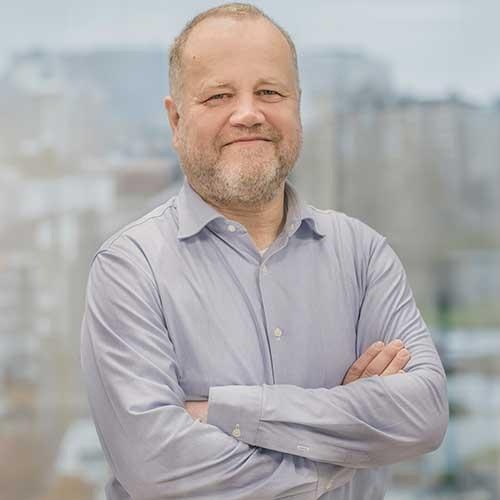

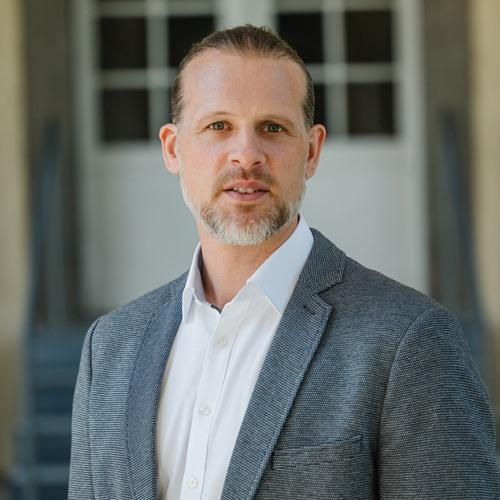

.jpg)
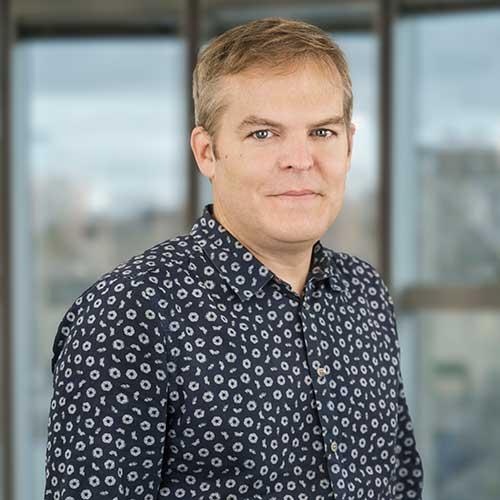
.jpg)
